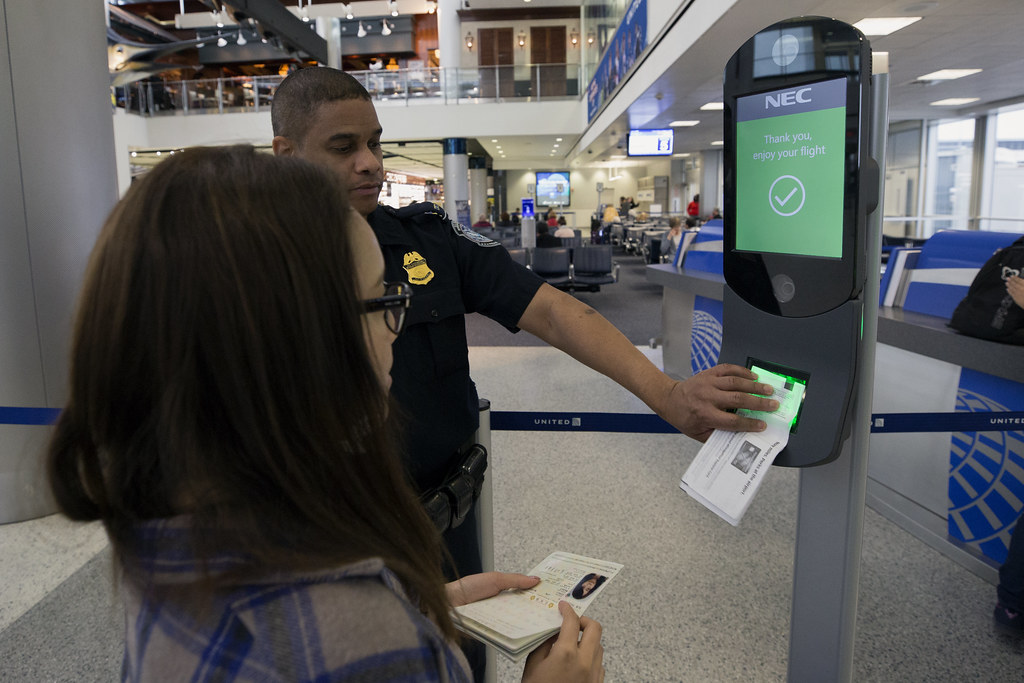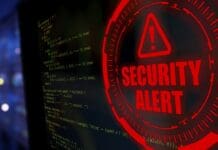
This post is also available in:
 עברית (Hebrew)
עברית (Hebrew)
As the international dependency for Artificial Intelligence and facial recognition software for police and military forces increases, then so does the controversy revolving around the use of such technologies. People all over the world are calling for limitations of facial recognition technologies.
In the recent protests in Hong Kong, facial recognition has been used by both sides to identify police officers and protesters. Protesters were reported taking pictures of police officers in an effort to identify them using facial recognition, while protesters were being recorded by CCTV with facial recognition.
New York’s police force also uses facial recognition, however only for investigations. NYPD officials mentioned that the NYPD is using cutting edge technology to cut down on crime, however they are not simply just scanning the street, identifying wanted people.
However there are still people who remain skeptical towards the NYPDs true intent. Many argue that the police are not using facial recognition software in the limited ways they mentioned. They argue that facial recognition software can often be wrong and could mislead officers to arrest the wrong person.
Even in India people have raised red flags toward the governmental use of facial recognition. India’s plan to integrate it passport holder’s biometrics has raised concerns for anti facial biometrics advocates in India.
Civil liberty advocates in Britain have also made claims stating that facial recognition should be banned, while British police forces have gone on the record mentioning that facial recognition software is an extremely useful tool for them.
On one hand, many people believe that facial recognition is a major threat for modern democracy and liberty, as they believe that facial recognition is a huge threat to personal privacy. But on the other hand, facial biometrics is one of the most powerful police tools, with biometricupdate.com mentioning that it is one of the stronger weapons used against child sex trafficers.
Recommendations to reach a middle ground between the two sides of the spectrum include creating a group of unbiased experts in facial recognition, privacy, and civil liberties, and have them guide lawmakers to legislate proper use of facial recognition software by governments.
























